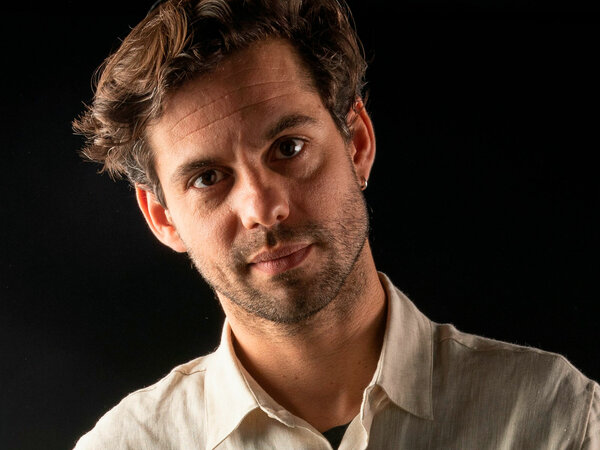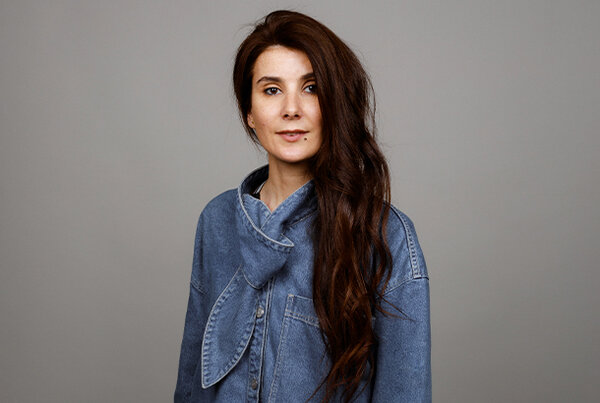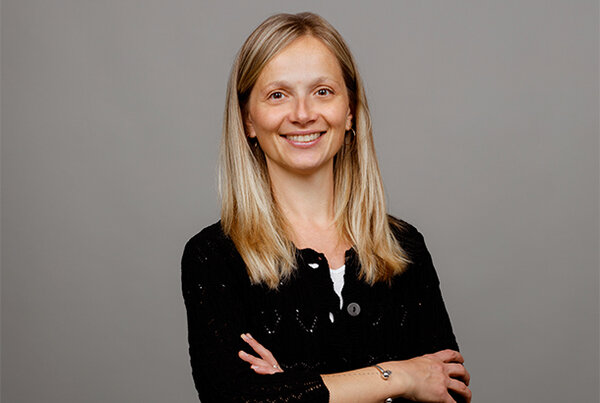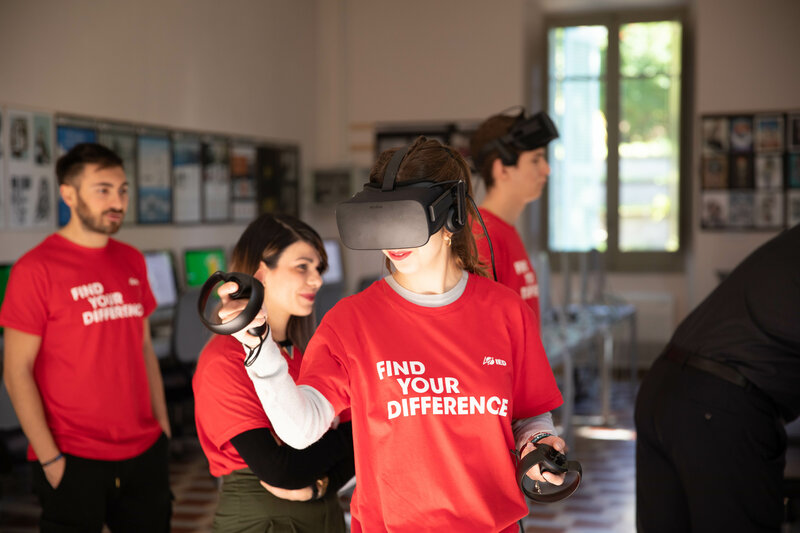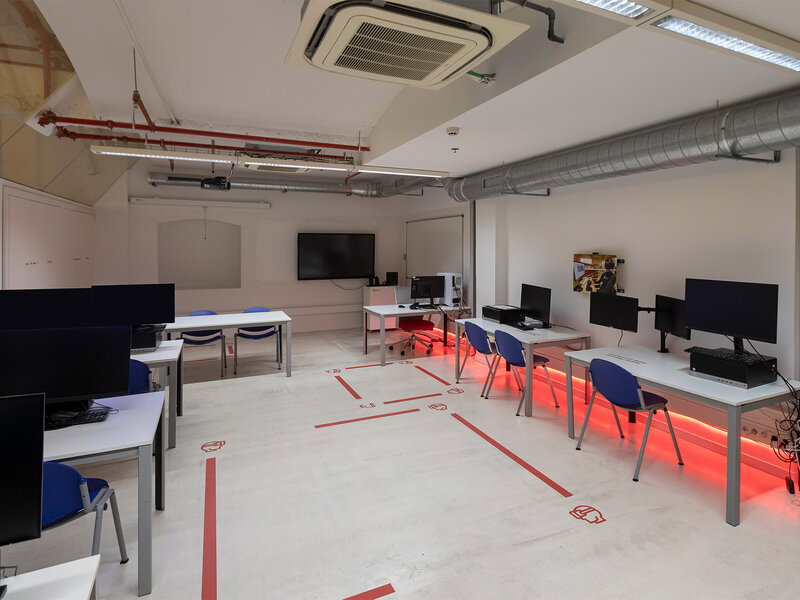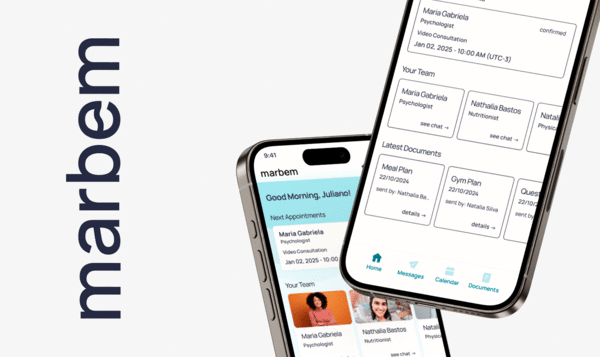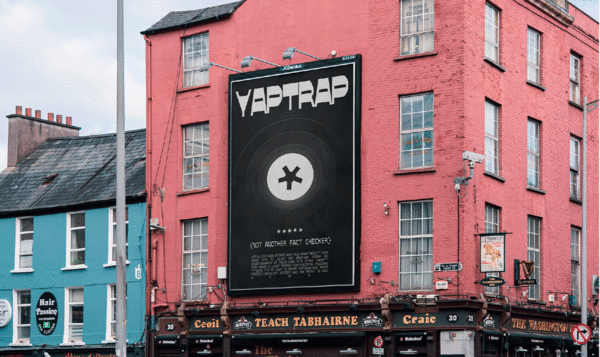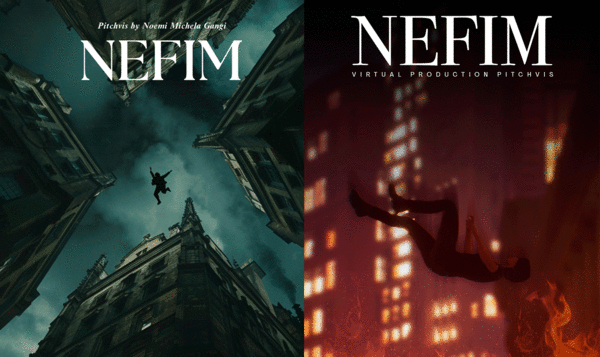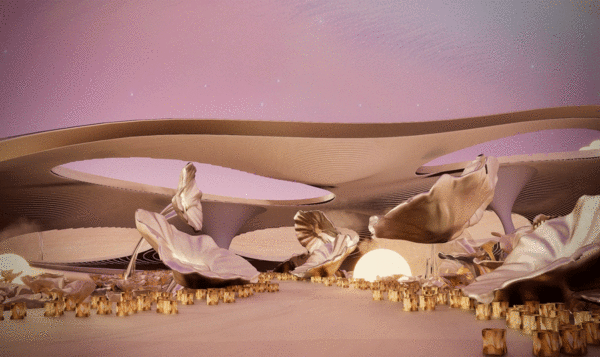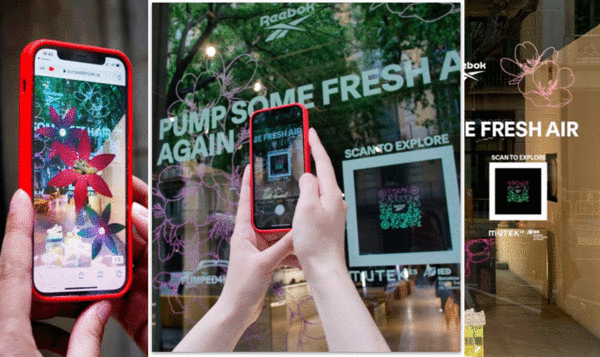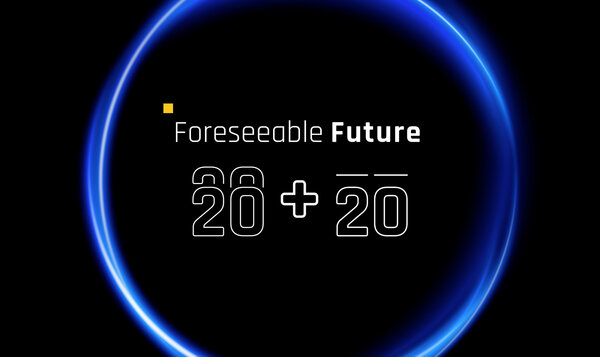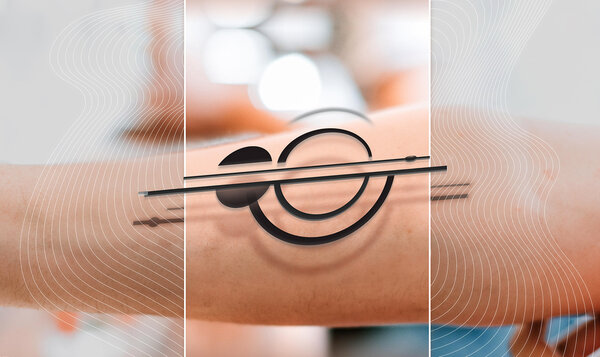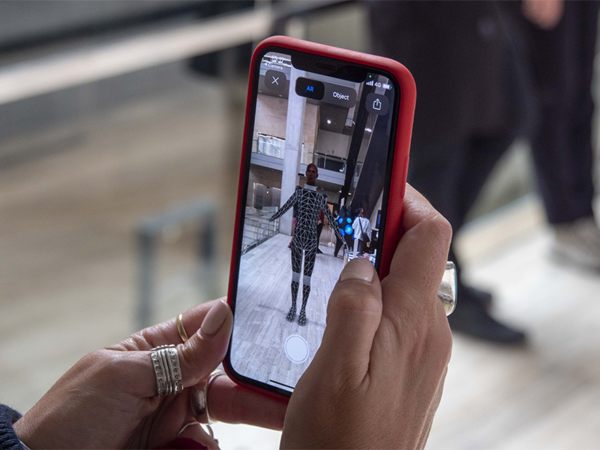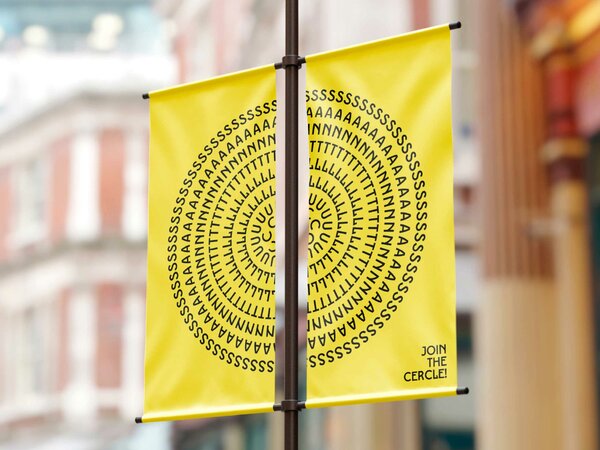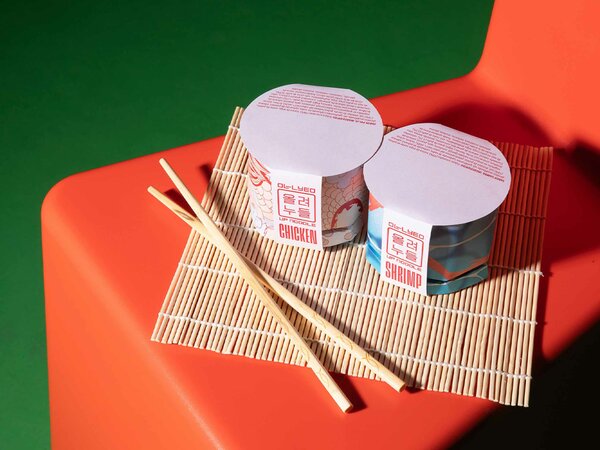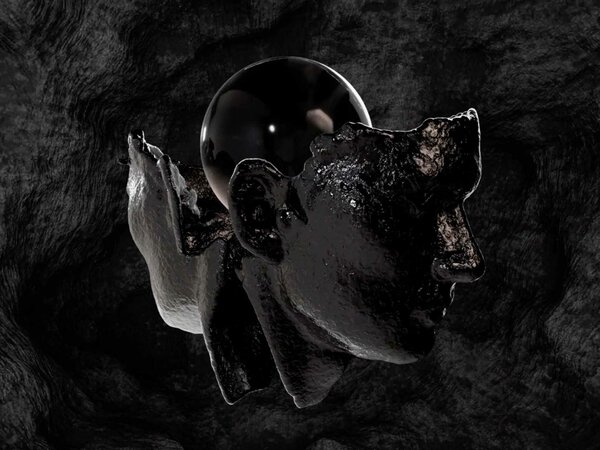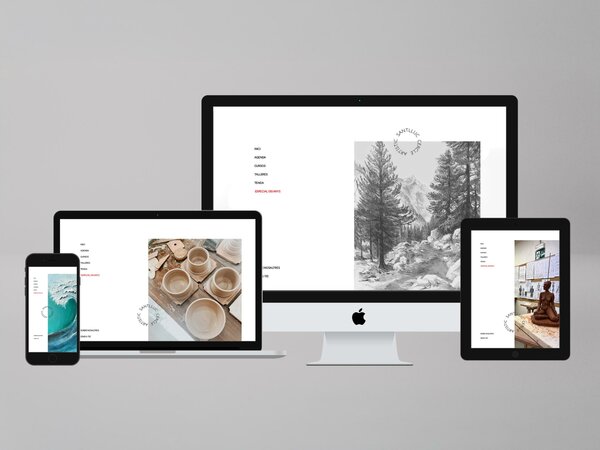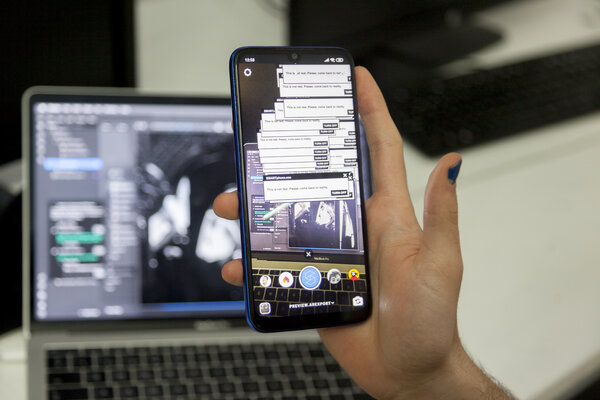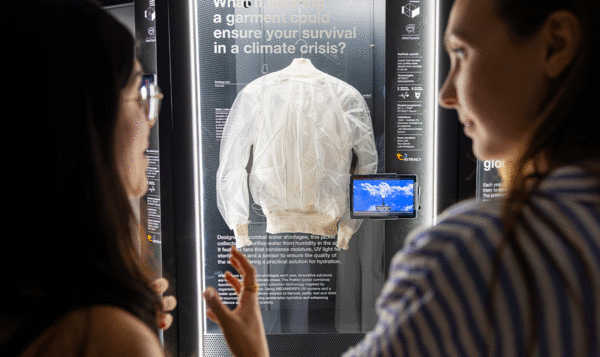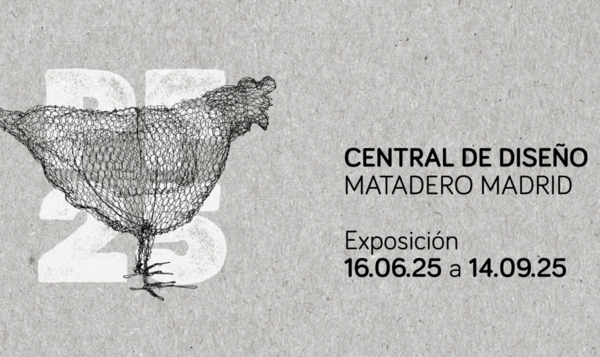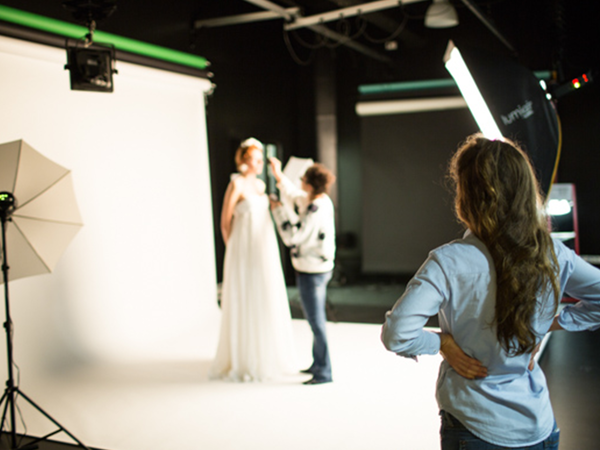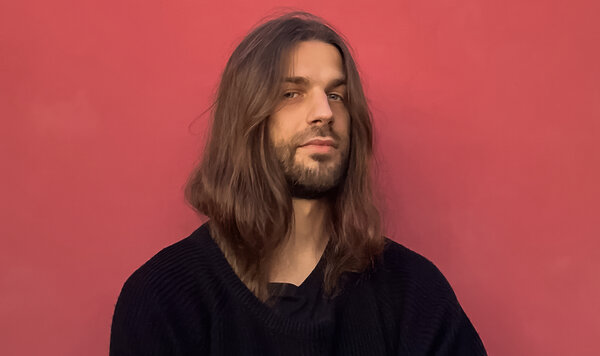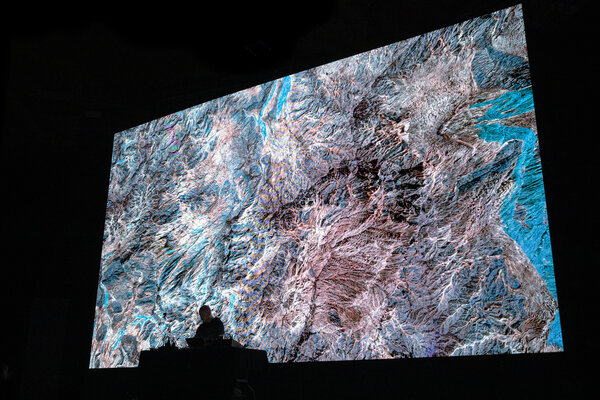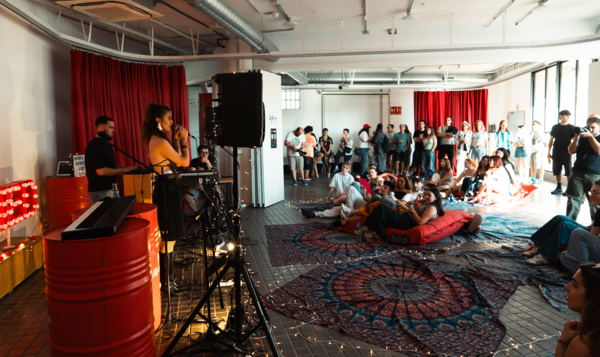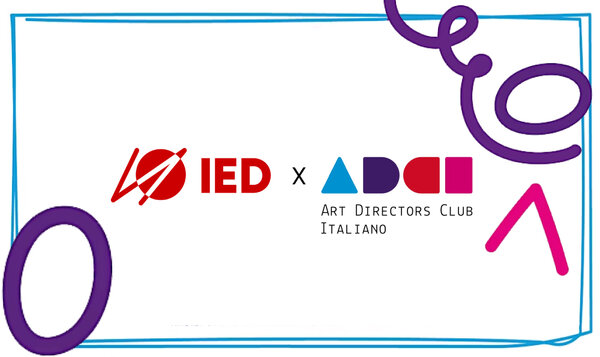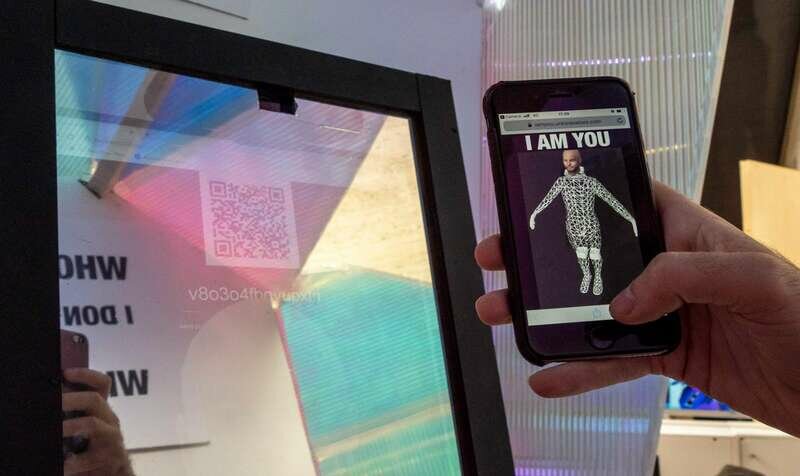
Design for Interaction and Extended Reality
Connecting digital, artificial intelligence, and immersive realities.
ENG
Language
English
Start date
January 2026
Frequency
Evening
Fruition
On campus
Duration
11 Months
Course Coordination
Mabel Lazzarin, Jordi Planas
Price
Specialize in user experience within the current technological context and navigate through all stages of design, from research to project execution.
The Master in Design for Interaction and Extended Experiences, taught in English, offers comprehensive training in interaction design and immersive experiences by integrating the latest technological advancements from a critical and creative perspective.
Taking into account the impact of technology on design practice, the program explores the creation of narratives, products, and services for various fields such as artistic installations, video games, or physical and digital environments. To achieve this, you will learn to integrate tools such as virtual, augmented, and extended reality, generative artificial intelligence, digital fabrication, videomapping, or sound design, among others.
The development of projects in collaboration with companies, the creation of a solid professional portfolio, and research on the future impact of the discipline are distinctive aspects of this proposal.
Information to decide
A program with a holistic and innovative approach aimed at merging interaction design with emerging technologies.
The curriculum is designed to foster a comprehensive set of skills covering competency in design, production experience, and leadership in interactive projects.
To achieve this, it is divided into five modules:
- Fundamentals of Interaction Design and Immersive Experiences
- Design Process and Methodology
- Design Practice and Experimentation
- New Frontiers and Projects
From an interdisciplinary perspective, it emphasizes experiential learning and encourages creativity through practice and prototyping in laboratories and workshops, accessible even outside of class hours under expert supervision.
Throughout your journey, you will undertake four projects plus a Master's Thesis based on a real client brief. This strong practical component is reinforced with workshops and masterclasses conducted by industry professionals.
Creators interested in designing interactive experiences, such as graduates in Design or professionals in this discipline, with interests in AI, technology, UX/UI, interaction, immersive, and multidisciplinary projects.
Other profiles with a suitable portfolio for the master's program will also be considered.
An exceptional combination of theoretical and practical knowledge to lead a constantly evolving field.
This master's program promotes curiosity, experimentation, and empathy, allowing you to explore the boundaries between technology and human experience to create proposals that foster new relationships with people, environments, and surrounding systems.
Upon completing your training, you will have acquired a highly qualified and versatile professional profile capable of managing innovative projects in fields such as entertainment, education, or business. You will be able to access job opportunities in design studios, internal departments, and technology companies or pursue entrepreneurship or consulting.
Another strength of the master's program is that it takes place at the IED Barcelona campus, in the heart of the Gràcia neighborhood, allowing you to develop your learning in a creative and collaborative environment, with cutting-edge facilities and resources.
Additionally, you will have the opportunity to interact with real clients and create immersive experiences that combine physical and digital dimensions (phygital) and connect with the audience.

